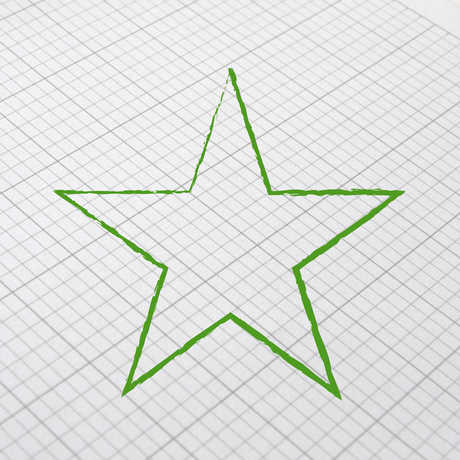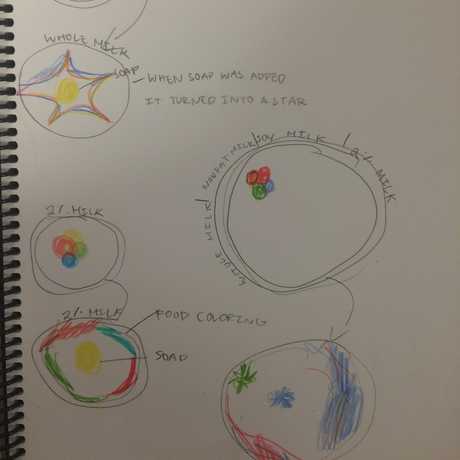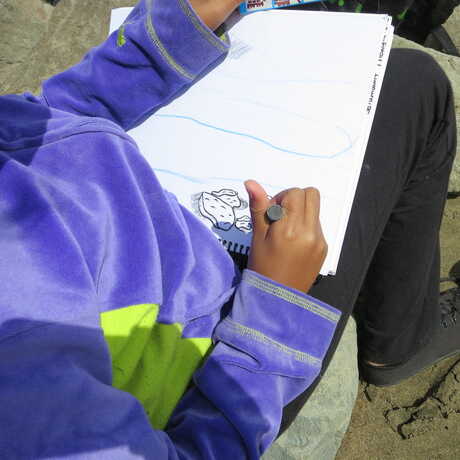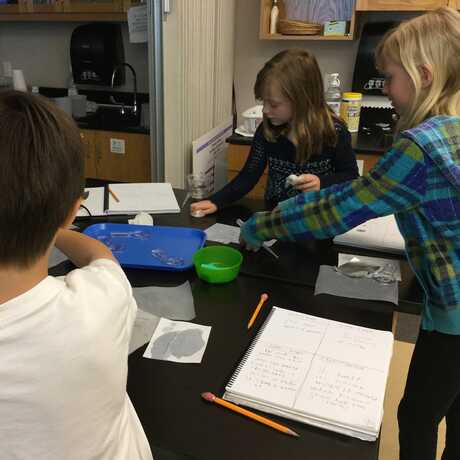
Want to make the most of your investigation? Find out how to focus your students’ learning around a key question.
About This Guide

Below, you'll find guidance related to using focus questions to frame scientific investigations, including:
- Tips on how to develop effective focus questions and examples
- Tips on using focus questions during an investigation
- An example story from a real classroom
Because we know teachers appreciate seeing the results of using these strategies, we've also created an example gallery containing student work.
What is a Focus Question?
A focus question delineates what students are trying to figure out. A science investigation can offer very different things to your classroom, depending on the question you use to focus it.
What Makes a Good Focus Question?

When developing a focus question, ask yourself:
- What question do you want to be in students’ minds as they engage in the learning activities?
- What question will encourage your students to be curious about the concepts?
- What question will lead to the desired understandings?
- Does your question encourage reasoning above right answers?
- Could students have a robust discussion about this question?
- Will it allow students to make connections to prior knowledge and/or lessons?
- Does it promote inquiry and stimulate thought?
Examples

Here are some examples of focus questions from 2nd-5th grade classrooms:
- Where does our water come from?
- What effect does water have on seeds?
- How can we get a light bulb to burn brighter?
- How did the Grand Canyon form?
- How do the structures of crayfish help them survive?
- What forms does energy take?
- What can the features of a skull tell us about an animal?
- What makes a rock a rock?
How to Make it Happen
- Write the focus question on the board and keep it prominently visible throughout the investigation. Refer to it at the beginning of each session.
- Have students write the focus question at the top of their notebook page. (For younger students or slow writers, you can print the question onto labels and have students peel and place the sticker on their notebook page).
- Sometimes it may be helpful for students to consider their answer to the focus question before doing the investigation. What do they think in this moment, simply based on prior knowledge? They can respond in written form or in small group discussion.
- Use the focus question when you are circulating during student work time. Pose the question: "What are you figuring out about...[our focus question]?"
- Return to the focus question at the end of a day or section of the investigation and have students reflect on it.
- When investigation is over, pose the focus question one last time and have students respond either verbally or in writing. If you focused the learning activities on this question, then students will feel confident offering an answer for it by the end of the investigation.
- In more open inquiry lessons, students may draft their own focus questions. Help them develop questions they will be able to answer by doing their investigation or project.
Notes from the Classroom

3rd grade teacher Marion wished her students were asking deeper questions while they explored owl pellets. The students were fixated on matching the bones they found to pictures of rodent skeletons that she’d passed out. They were asking questions like: “What’s this called?” “What part is this?” and “Where does this go?” Marion wished the lesson had prompted more complex questions about owls, the food chain and digestion, so she decided to frame the investigation with a focus question.
She chose the question "How does an owl's digestive system compare to a human's?" This question related to her upcoming unit about nutrition. Once she settled on a focus question, she realized the lesson was going to change quite a bit. Students would still be dissecting owl pellets, but their focus would shift. Instead of simply matching bones to a picture, they would be discussing what they found in the pellets and why it was there. They’d be connecting their findings about owls to their prior knowledge about humans.

Science Notebook Corner
Learn how notebooks can help your students think and act like scientists.





